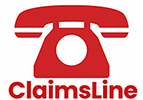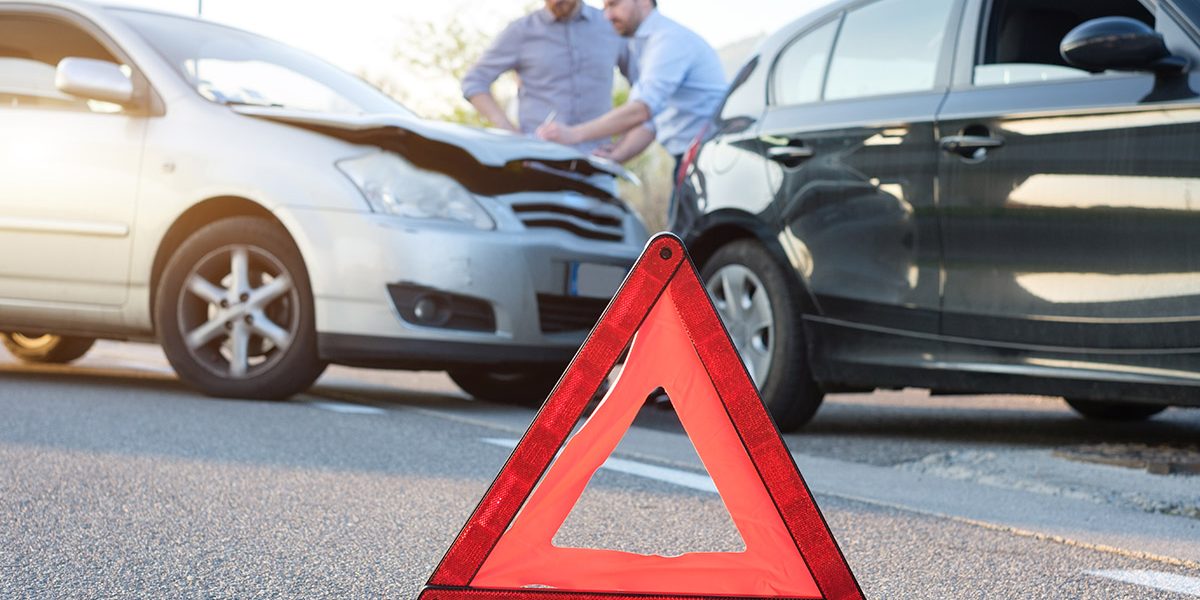‘Will My Premium go Up’ is a frequently asked question for those making a Car Accident Insurance Claim or considering making an insurance claim. Sadly the quick answer is that, in most case yes, your premium will increase.
Whilst there are things you can do to offset any increase in insurance premium following a claim it is always worth considering if you should claim in the first place.
Should I Claim?
For example. if your windscreen is cracked (not chipped) and requires replacing it is worth considering that the cost of you replacing the windscreen yourself would be £150-250 for most cars, except for premium and high performance vehicles.
When you factor in that the UK the average excess is £250 (as this lowers the premium) it would make no financial sense to start a car insurance claim as your excess is likely the same as, or even greater than the cost of repair. In this case you would have to pay the excess and then risk your premiums increasing.
The excess is so insurers are not bogged down with time consuming, small value claims and gets the insured party to think twice about submitting a low value claim.
What About Non Fault Accidents?
After you’ve had a car accident, your thoughts might turn to what happens next when it comes to renewing your car insurance?
Unfortunately, you can’t simply assume that even if the accident wasn’t your fault, that there’ll be no impact on next year’s insurance premium.
Here’s our little overview about what you need to know.
Will my car insurance increase after an accident?
Yes. Almost certainly. But there are things you can do to mitigate any increase.
Regardless of whose fault it was, making a claim will almost always lead to an increase in your car insurance premium. Luckily, a non-fault claim won’t affect it as much as an at-fault claim will.
This is were a Car Accident Solicitor can really be worth their weight in gold.
With representation for a Non Fault Accident you have an expert fighting your corner for you., You will minimise the risk of any proportion of the blame being attributed to you (either by mistake or in claim mitigation) and will fair better when it comes to the claim being settled, the amount due to you and the later effects on your premiums.
Even if you don’t make a claim after an accident, you could still see an increase in your insurance premium. That’s because some insurance providers consider that drivers who’ve had an accident (even if it wasn’t their fault and they didn’t claim for it) are more likely to be involved in another accident later on.
Tips to Reduce Your Insurance Premium Following a Claim
Your driving record is taken into account when you get your car insurance renewal so a claim will impact this as it demonstrates you as a customer are now more riskier to the insurer.
The more driving risk you’ve demonstrated in the past, the more you might have to pay for your insurance renewal as your insurer re-evaluates your risk profile and indicative premium rates after any claim or other driving incidents (such as traffic offences) that are primarily your fault.
You can try and offset any premium increases following an accident claim by looking at these areas below:
- Check Your Policy for accuracy. Do you have anti-theft devices not mentioned on your policy etc, etc?
- Do you use you car to commute to work? If not consider a ‘social use only’ policy.
- Can you park your car in the garage rather than on the driveway or street? (this typically lowers premiums considerably)
- Can you park your car on the driveway instead of the street? (again this typically lowers premiums)
- Do you drive less miles annually than the limit on your policy? (If so, less miles equals less risk, so lower the limit on your policy to match your actual mileage)
- More than one car in the household? (consider a combined policy as this will reduce the combined premiums)
- Change the payment method from monthly to annually as there are usually discounts and credit charge savings that can make a sizeable difference to your premium.
- Avoid Auto Renewal – make sure to shop around come renewal time as your current insurer may not be the most competitive.
- Consider a telematics (blackbox) policy – Other than the non fault claim, if you have a clean driving record and drive like Miss Daisy (with a very light foot) these policies base the premiums on actual data about your driving. The driving data is recorded by either a black box fitted in your vehicle or via a mobile phone app. As an added bonus the black box doubles up as a tracker if your car gets stolen. (this typically lowers premiums considerably)
The Accident Claims Line are independent road traffic accident and personal injury specialists.
From your 100% Free Consultation to your car insurance claim being settled, we are the only people advocating for you.
From No Win No Fee Expert Legal Advice, Roadside Recovery, Vehicle Repair to Same Day Replacement Vehicles & Medical Assessments for Personal Injury and dealing with your insurer.
Will my Premium go Up?
As we have discussed, following an accident claim, yes it is very likely that your insurance premiums may go up. So consider not claiming for cracked windscreens or replacement keys and focus on claiming for the less trivial matters, like an actual accident.
Consider using an Accident Claim Solicitor to ensure your claim goes through smoothly and then after, check your policy so that come renewal, you can mitigate any premium increases with savings to the policy itself with things like annual mileage.

